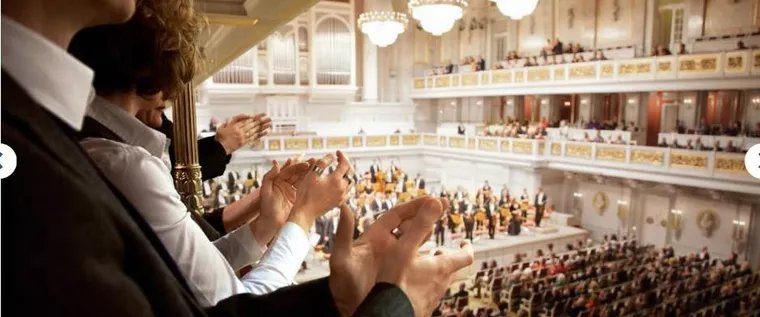
Jazzwoche Berlin #7
Three musicians without a double bass form a band that functions as a musical solution to problems.
- Paul Zlattinger - vln, efx
- Alexander Pielsticker - keys, moog
- Marius Lamm - dr
Musicians face complex problems, some of which are simply logistical. Where does a band position itself? What is its sphere of influence? Where and how do I find the right instrumentation to realize my compositions?
When people with a conventional jazz education begin to write music, they often have the sound of a conventional jazz band in mind. A grand piano, a drum kit, perhaps a saxophone as a melody instrument, and of course, the double bass. You would think that finding musicians for such a lineup would be a given at every music college.
The three musicians Paul, Alex, and Marius met at the ArtEZ Conservatory in Arnhem, the Netherlands. Paul, originally from Graz, studied jazz violin there for a year as part of the Erasmus program. Marius studied drums and hails from Essen. Alex, born in Gummersbach, studied piano here.
A trio formation of diverse backgrounds within the German-speaking world, who immediately hit it off both personally and musically. Now the foundation for a conventional jazz ensemble has been laid. All that's missing is the double bass. But that's precisely where the challenges begin. At the time, there were no double bass students at ArtEZ in Arnhem. So, no chance of achieving the classic sound. At this point, the trio decided to turn the problem into an opportunity.
The core function of the bass is to round out the overall sound by adding lower frequencies. If one of the existing instruments can be adapted to fulfill this function, the problem is circumvented. Paul octaves his violin down two octaves using an effects pedal.
Alex uses a Moog synthesizer to cover the lower registers. The two take turns as bassists. This effectively kills two birds with one stone. Not only does it solve the lineup problem, it also creates a special sound that resonates not only with tradition but also with innovation. Furthermore, they address a third challenge: the search for a unique selling point. Because let's be honest, in what band does the violin play bass?
Giving simple answers to complex problems isn't always easy, nor is it always desirable. But sometimes the solution is closer than you think. One could conclude: Innovation arises when you have to overcome a problem. When you try to make something out of what is given and thus draw new opportunities from the challenge.
- Free admission – an appropriate cultural contribution is requested
- The Peppi Guggenheim is a smoking bar
- Admission for those aged 18 and over
Dates
June 2025
| Mo | Tu | We | Th | Fr | Sa | Su |
|---|---|---|---|---|---|---|
1
| ||||||
2
|
3
|
4
|
5
|
6
|
7
|
8
|
9
|
10
|
11
|
12
|
13
|
14
|
15
|
16
|
17
|
18
|
19
|
20
|
21
|
22
|
23
|
24
|
25
|
26
|
27
|
28
|
29
|
30
|





